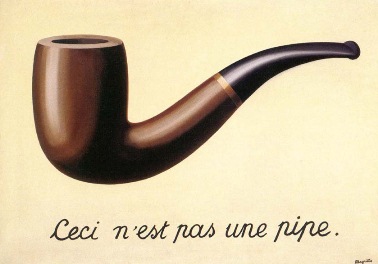 Captured By A Better Vision: Living Porn Free by Tim Chester
Captured By A Better Vision: Living Porn Free by Tim Chester
My rating: 4 of 5 stars
The prevalence of pornography in our electronic age is an important matter for the whole of society, and even more so for Christians who know that sexuality is a wonderful gift from God that can be awfully twisted into ugliness.
Chester is not all about ‘a technique’ to stop porn in one’s life. But he does not mock techniques, either, but places them in a better whole-of-life context. Use the skills (like accountability software, etc), but use them as tools in the bigger picture of life with Christ.
Chester’s five broad topics are, in my words: hate porn, love God, trust God, actively avoid porn, get help. As is clear, there are reasons why, and there are tips how. And both are important.
Chester quotes extensively from people who completed an on-line survey for him, and this illustrates his points nicely while introducing a chatty feel to parts of the book. This complements the parts which are more solid sections of thoughtful argument.
I have a few criticisms, but none of them are major.
- Though a shortish book, about 160 pages, I think it could have been edited a bit more. The chapters seem to have long introductions before getting to the major point. And those intros don’t always really tightly connect to the main point, in my view.
- Chester acknowledges that porn is a problem for both men and women, and can be expressed in ‘non-porn’ ways (like romance novels, or underwear junk mail). But I certainly had the sense this book was more about blokes with porn problems. If there was some editing out (above), then the book could edit in more on women’s experiences of porn.
- Chester takes the line of Genesis 2:18 – that it was not good for the man to be alone – to mean he was lonely, needing companionship. That’s a tempting preaching point, believe me!, but is probably not the point of the text.
But to finish with negatives would be way off – this is a good book, on an important topic, written with gospel-shaped truth, which shows love to all touched by the damaging scourge of pornography.



